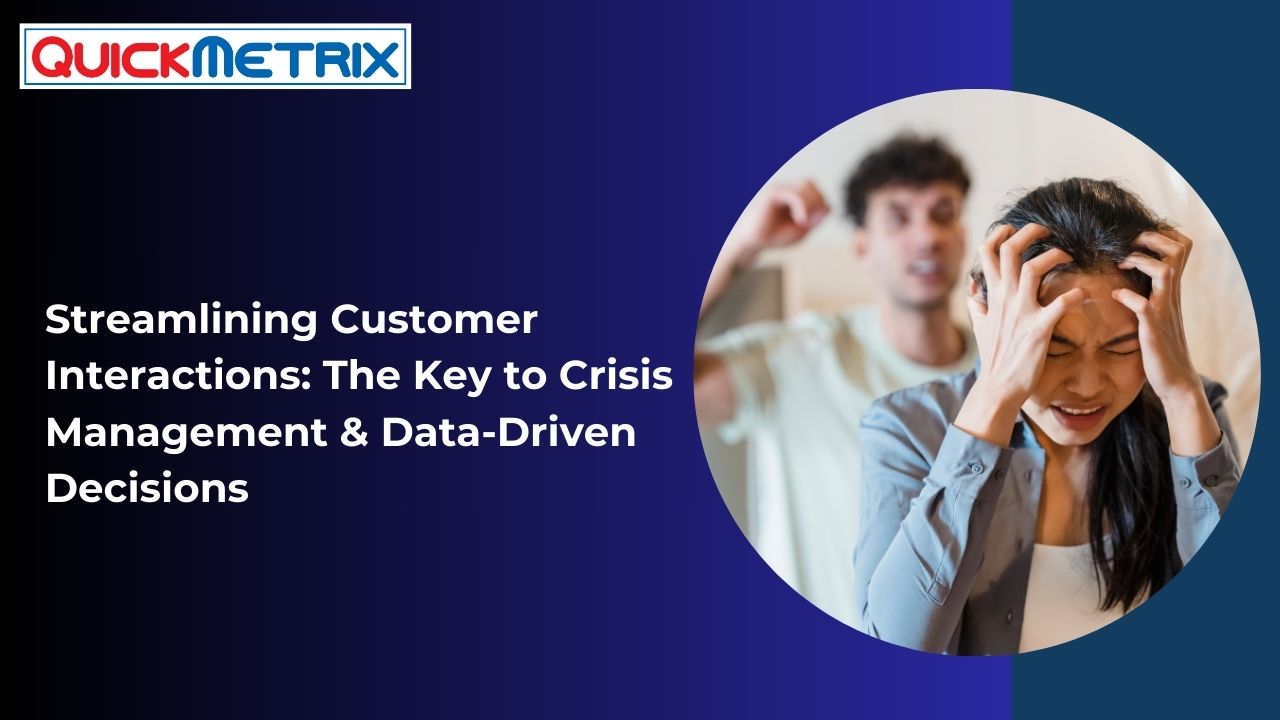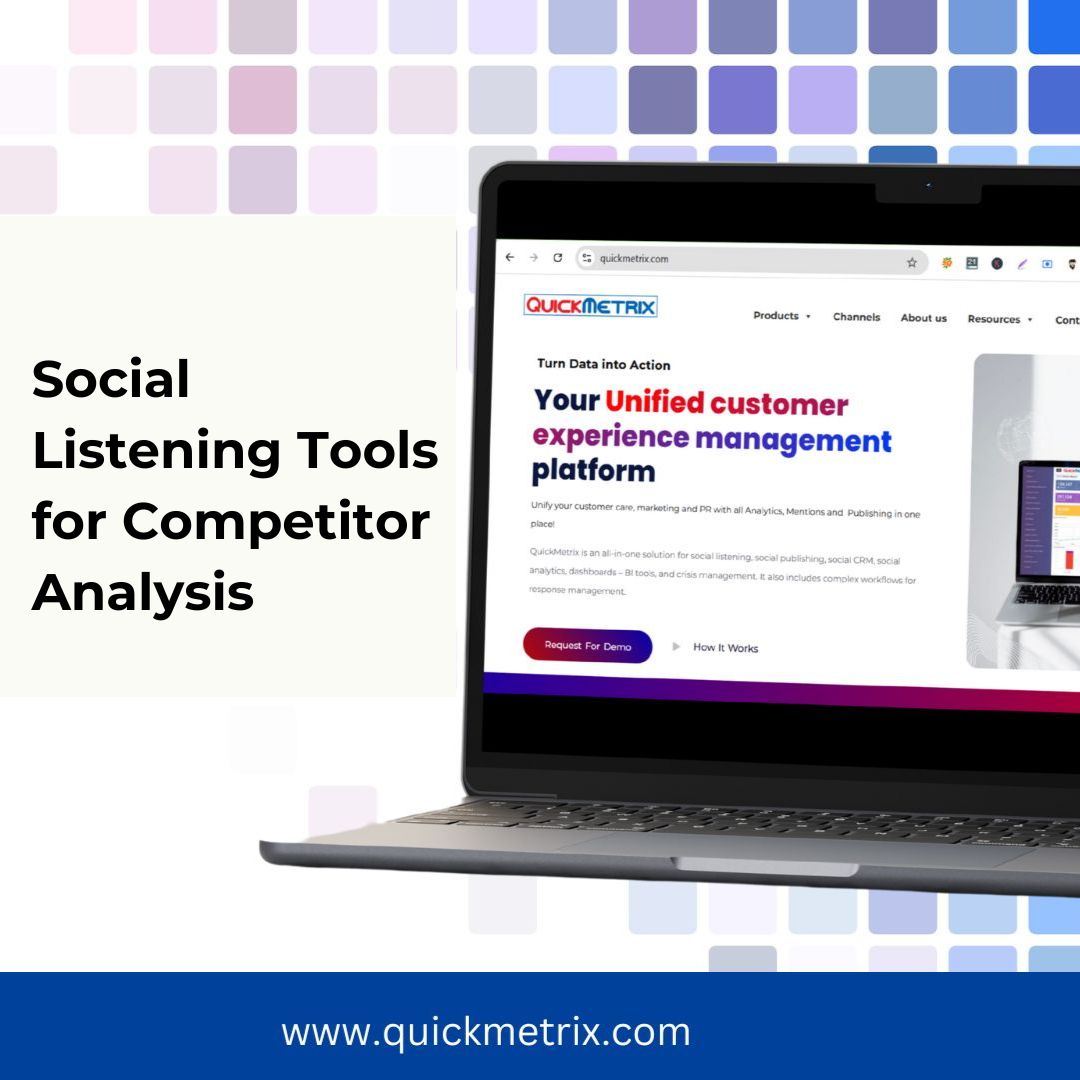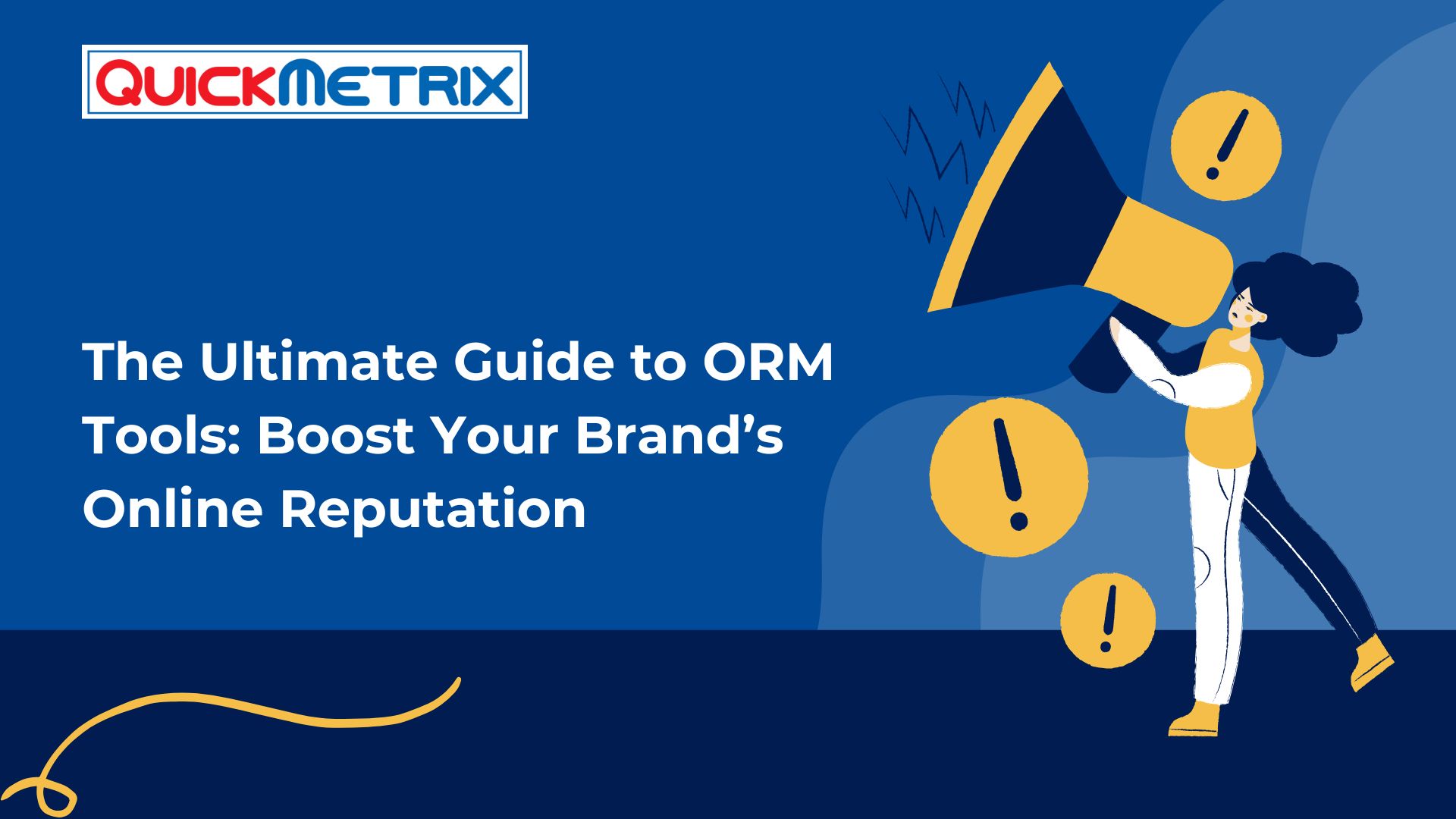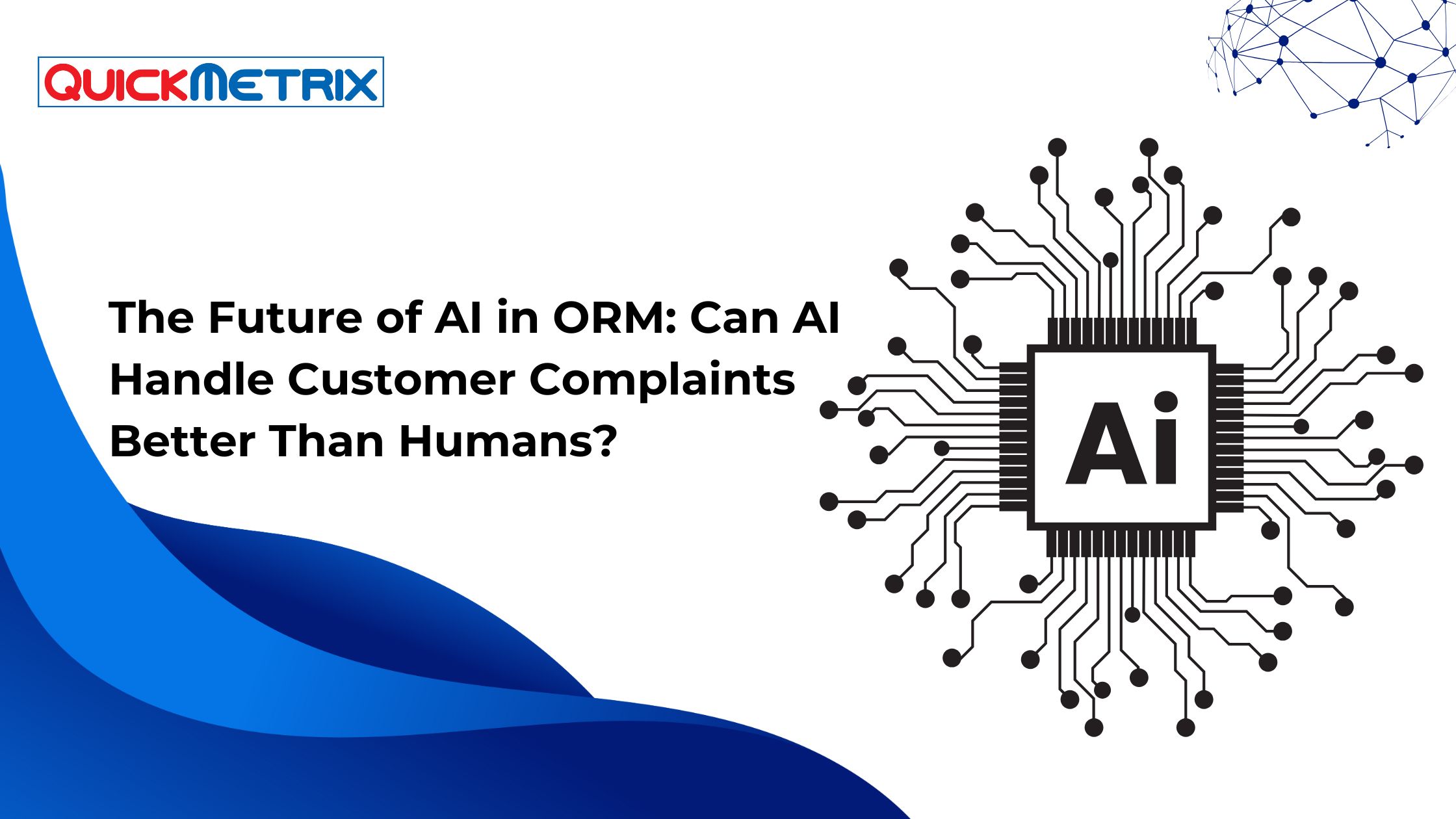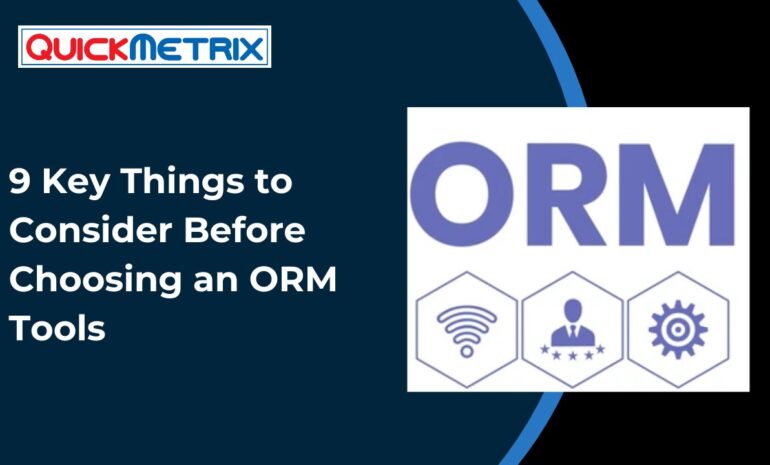1. Understanding Response Management
Online response management to how hotels with guests through various digital platforms, such as social media, email, and review sites. In today’s fast-paced world, managing these interactions effectively is key to ensuring guest satisfaction.
- What is online response management in the hotel industry?
It’s more than just replying to inquiries; it involves creating an engaging dialogue that builds relationships with guests, enhancing their overall experience. - The role of online response management in guest satisfaction.
Timely and personalized responses can significantly elevate a guest’s stay, making them feel valued and appreciated. - How it influences hotel reputation and bookings.
A hotel’s online reputation can sway potential guests. Effective response management helps create a positive image, driving higher bookings.
1.2 Current Trends in Guest Communication
The way guests communicate has evolved dramatically, with digital communication channels now being the preferred method for most travelers.
- The shift towards digital communication channels.
Guests increasingly prefer to reach out via social media or messaging apps, finding them more convenient than traditional telephone calls. - Preferences of modern travelers regarding responses.
Today’s travelers expect quick responses. A 24-hour turnaround might feel like an eternity. - Importance of timely responses in a fast-paced world.
Quick replies can lead to increased guest satisfaction, reinforcing the importance of speed in hospitality.
1.3 Challenges Faced by Hotels
Managing online feedback and inquiries poses several challenges for hotels.
- Common issues with managing online feedback and inquiries.
Many hotels struggle to keep up with the volume of feedback received, often leading to delayed responses. - The danger of inconsistent responses.
Inconsistent messaging can confuse guests and damage trust, highlighting the need for a cohesive strategy. - Barriers to efficient response management systems.
Many hotels lack a unified approach, which can complicate the response process and diminish guest experiences.
2. Developing an Effective Online Response Strategy
2.1 Setting Clear Objectives
A well-defined strategy starts with having clear goals.
- Identifying goals for guest interactions.
Consider what you want to achieve: is it higher guest satisfaction, increased bookings, or improved online reputation? - Balancing personalized responses with efficiency.
While every response should feel personal, leveraging templates can enhance efficiency. - Metrics for measuring success in response management.
Establish key performance indicators, such as response time and guest satisfaction ratings, to measure success.
2.2 Choosing the Right Platforms
Understanding where and how to engage with guests is crucial for effective response management.
- Overview of commonly used communication channels (social media, email, review sites).
Each platform has its unique audience, catering to different guest preferences. - Pros and cons of each platform for hotel responses.
Social media is great for immediate engagement but can be too public; email allows for detail but can be slower. - Integrating multiple channels for cohesive management.
A strategy that utilizes multiple channels ensures no guest inquiry goes unnoticed.
2.3 Crafting a Response Protocol
Creating a systematic approach can streamline your responses.
- Step-by-step guide to developing response templates.
Start with common inquiries and create a few personalized response templates that can be tailored quickly. - Differentiating responses based on user sentiment.
Recognizing whether a guest is happy or upset helps in crafting an appropriate reaction. - Ensuring quick turnaround times without sacrificing quality.
Set a target for response times—aim for under an hour during business hours.
3. Implementing Technology Solutions
3.1 Utilizing Response Management Tools
Technology can be a game-changer in managing online responses.
- Overview of software options available for hotels.
Various tools, such as CRM systems and engagement software, exist specifically for the hospitality industry. - Features that enhance response management efficacy.
Look for automation features, analytics dashboards, and multi-platform integration to simplify processes. - Cost considerations and ROI of deploying technology solutions.
While there may be an upfront investment, the long-term savings and increased guest satisfaction are worth it.
3.2 Integration with Existing Systems
Successful implementation means ensuring new tools work with what you already have.
- Ways to harmonize response tools with hotel management software.
Choose tools that easily connect with your existing systems, like booking engines and property management systems. - Importance of data sharing among different platforms.
Centralizing data helps create a more comprehensive view of guest interactions. - Achieving staff buy-in for new technology adoption.
Include staff in the decision-making process to foster acceptance and excitement around new tools.
3.3 Training Staff for Success
Training is essential for creating a team capable of delivering exceptional responses.
- Developing training programs for front-line staff.
Encourage role-playing scenarios, so staff feel prepared for various guest interactions. - Encouraging a culture of prompt and courteous communication.
Highlight the importance of communication in meetings and through ongoing training resources. - Ongoing training and feedback loops for continuous improvement.
Regularly solicit feedback from both staff and guests to refine your response process.
4. Enhancing Guest Experience through Feedback
4.1 Importance of Gathering Feedback
Proactively seeking feedback is key to improving services.
- Strategies for soliciting guest feedback post-stay.
Send a quick survey via email after check-out. It’s an easy way to collect insights. - Analyzing feedback data to understand trends.
Look for patterns in feedback to pinpoint areas for improvement. - Incorporating guest suggestions into service improvements.
Make changes based on guest feedback; they will appreciate knowing their voices matter.
4.2 Addressing Negative Feedback
Handling negative reviews can be a daunting task, but it provides an opportunity for growth.
- Techniques for responding to negative reviews.
Acknowledge the issue, apologize sincerely, and offer to resolve it offline. - Turning complaints into opportunities for improvement.
Use criticism as motivation to enhance services—transform each complaint into a chance to learn. - The importance of transparency and accountability.
Be open about mistakes; guests respect honesty and are more forgiving when problems are addressed.
4.3 Celebrating Positive Reviews
A positive review is like a gold star for your hotel; celebrate it!
- Strategies for acknowledging positive feedback publicly.
Share great reviews on social media or your website; it shows appreciation for guests’ kindness. - Encouraging guest loyalty through recognition.
Consider offering a small “thank you” discount on their next stay as a gesture of appreciation. - Utilizing testimonials in marketing efforts.
Positive feedback can become powerful marketing tools; feature guest quotes in promotional materials.
5. Measuring Success and Continuously Improving
5.1 Key Performance Indicators (KPIs) to Track
Understanding your metrics helps gauge the effectiveness of your response strategies.
- Common KPIs relevant to online response management.
Track response time, resolution time, and guest satisfaction scores. - Importance of qualitative vs. quantitative measures.
Both types of data yield valuable insights; understand the bigger picture by combining them. - How to benchmark against competitors.
Research competitors’ performance to identify where you stand in the market.
5.2 Conducting Regular Assessments
Regular reviews allow for continuous improvement.
- Setting up recurring review meetings for response management.
Schedule monthly meetings to discuss successes, challenges, and strategies for improvement. - Importance of adapting strategies based on performance.
Be willing to pivot your tactics if something isn’t working; flexibility is key. - Seeking additional feedback from staff and guests on the process.
Encourage team members to provide insights, and engage guests to understand their needs better.
5.3 Future-Proofing Response Strategies
Anticipating future trends can ensure your hotel remains competitive.
- Anticipating changes in guest expectations and preferences.
Keep an eye on emerging trends in hospitality and adjust your strategies accordingly. - Staying updated on technology trends in communication.
Regularly explore new tools that could enhance your communication efforts. - Developing a long-term vision for online response management.
Create a strategic plan that includes future goals based on industry insights.
Conclusion
Efficient online response management is more than just a checkbox—it’s an art that integrates communication, technology, and training to create unforgettable guest experiences. By adopting a structured approach and staying responsive to guest feedback, hotels can thrive in a competitive landscape. It’s time for hotels to embrace these strategies and meet evolving guest needs with open arms.
FAQs
- What are the benefits of having an online response management strategy?
It fosters better guest relationships, enhances sales through positive reputation, and optimizes operational efficiency. - How can hotels improve their response times to guest inquiries?
Streamline processes, utilize automation tools, and train staff thoroughly for prompt engagement. - What technology tools are best suited for smaller hotels?
Consider user-friendly, cost-effective options like CRM software or response management platforms that fit within your budget. - How can hotels deal with negative reviews effectively?
Respond promptly, show empathy, and take the conversation offline to resolve issues directly with the guest. - What metrics should be prioritized when assessing response management effectiveness?
Focus on response time, guest satisfaction ratings, and the resolution rate of inquiries to gauge performance.
Top Social Listening Tools in 2025: Why QuickMetrix Deserves Your Attention
In the world of digital marketing, conversations are currency. ...
Read More9-key-things-to-consider-before-choosing-an-best-orm-tool (Online response management tools)
IntroductionIn today's hyper-connected world, a single unresolved tweet or ...
Read MoreStreamlining Customer Interactions: The Key to Crisis Management and Data-Driven Decisions
Streamlining Customer Interactions: The Key to Crisis Management and ...
Read MoreCrisis Management: How ORM Tools Can Save Your Brand from PR Disasters
Understanding Crisis Management in the Digital AgeDefinition and Importance ...
Read MoreSocial Listening for Financial Services: How Banks & FinTechs Stay Ahead
Introduction to Social Listening in Financial Services Definition ...
Read MoreThe Journey of QuickMetrix: Insights from Surendra Baliga on Building a Successful SaaS Business
The entrepreneurial journey is often filled with challenges, learning ...
Read MoreMastering the Market: How to Use Social Listening Tools for Real-Time Competitor Analysis
1. Introduction to Social Listening Tools1.1 What is Social ...
Read MoreHow to Get the Most Out of Social Listening Tools and Why Businesses Invest in Them
How to Get the Most Out of Social Listening ...
Read MoreUnderstanding ORM Tools: A Comprehensive Guide to Managing Your Brand’s Online Reputation
In today's digital landscape, a brand's online reputation is ...
Read MoreThe Ultimate Guide to ORM Tools: Boost Your Brand’s Online Reputation
The Ultimate Guide to ORM Tools: Boost Your Brand’s ...
Read MoreTop 10 Online Reputation Management (ORM) Tools for Social Media in 2025
Top 10 Online Reputation Management (ORM) Tools for Social ...
Read MoreListening to the Noise: How to Monitor Conversations That Matter to Your Brand
Understanding the Importance of Monitoring Brand Conversations 1.1 The Role ...
Read MoreStreamlining Online Response Management for the Hotel Industry
1. Understanding Response ManagementOnline response management to how hotels ...
Read MoreThe Future of AI in ORM: Can AI Handle Customer Complaints Better Than Humans?
I. Introduction to Online Response Management (ORM)/ Online reputation ...
Read More


